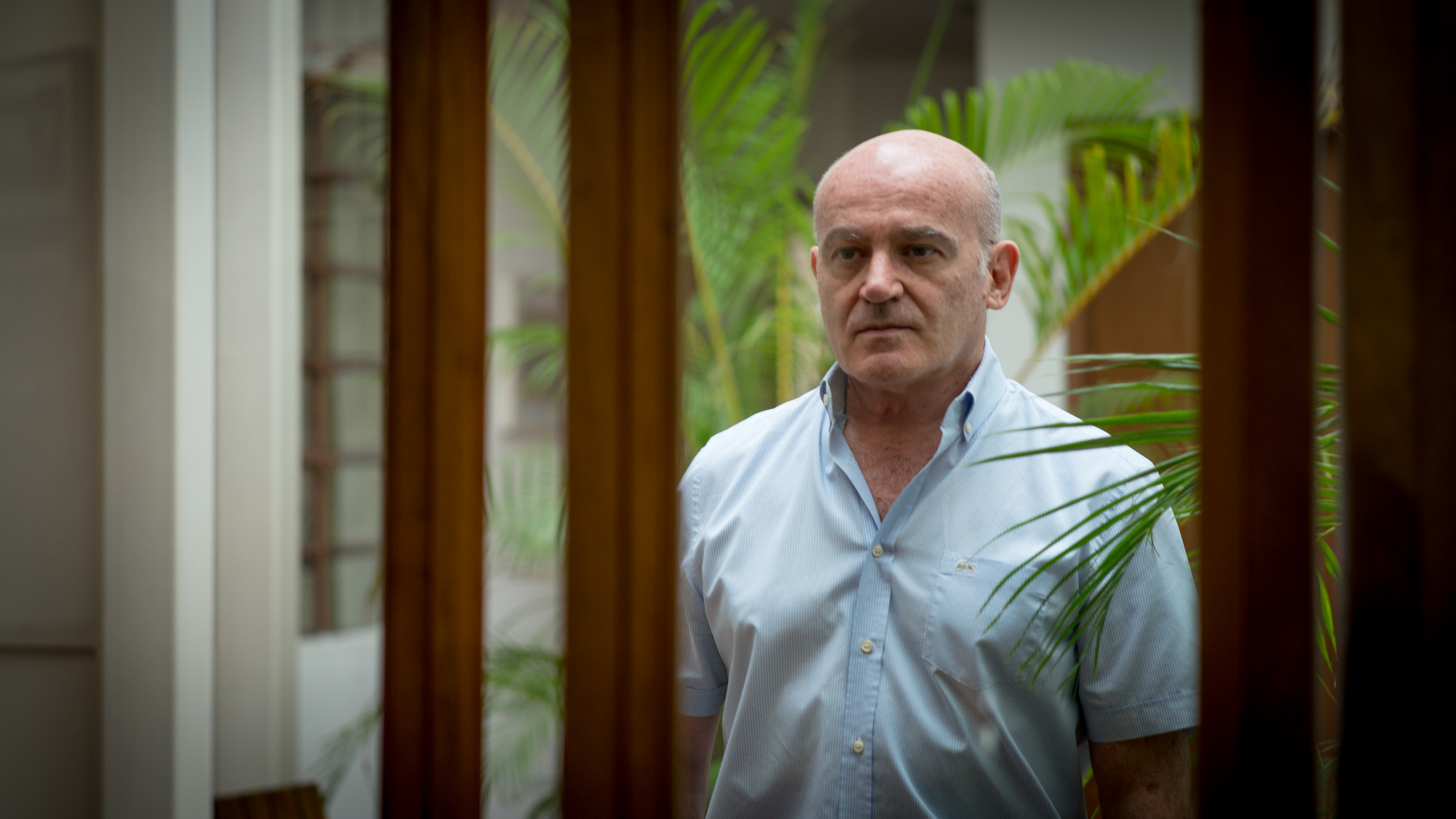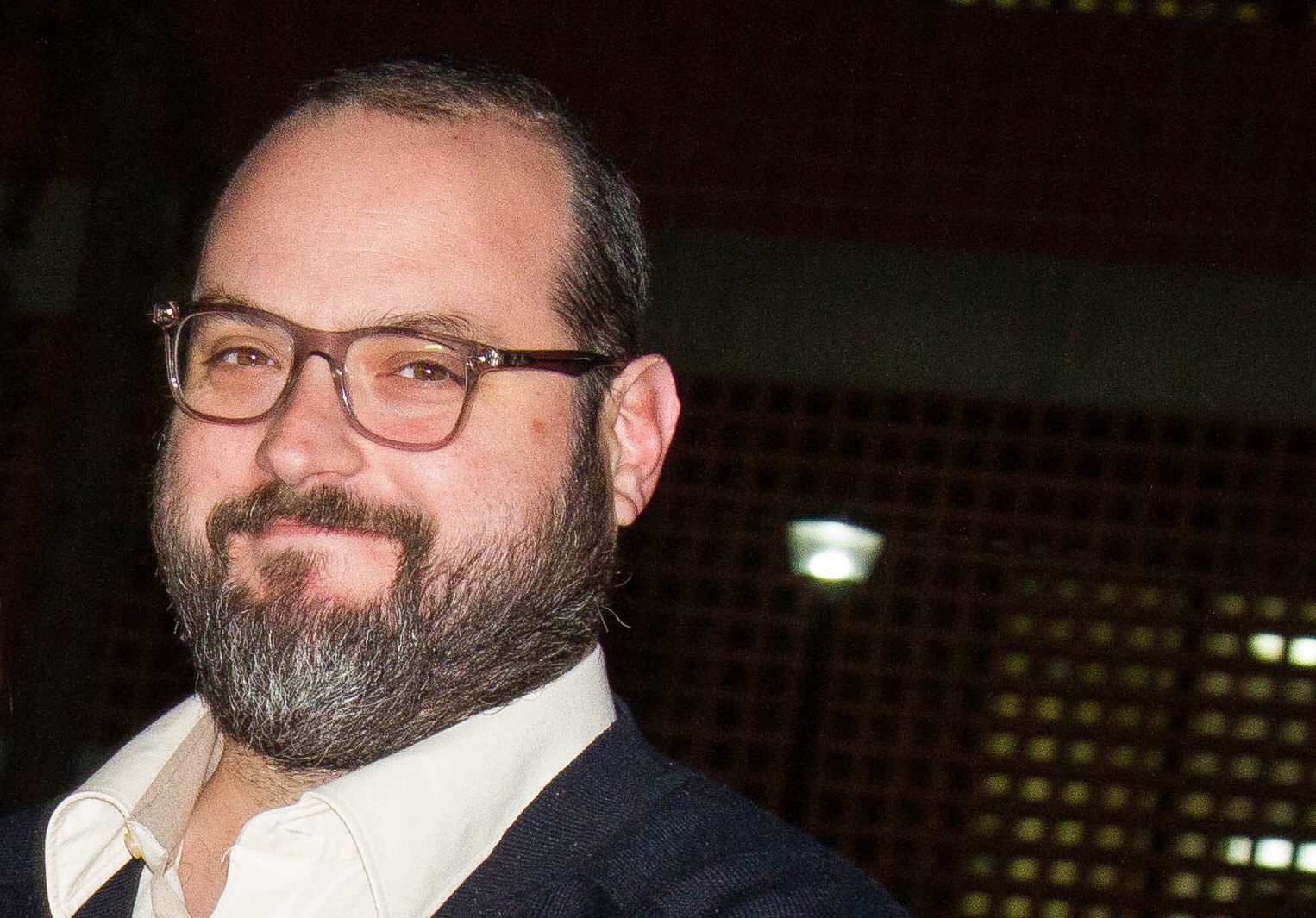In a previous article on the recent statement from the Episcopal Conference of Venezuela, I suggested that the document is the “flagship” text of a trend that I have begun to observe in civil society: acting under political roles while avoiding to displace the traditional politicians.
There are no “blank checks” anymore. And this is good because it could indicate a separation of civil society from the political world. They do not necessarily go separate ways, but the autonomy of the two spheres allows for debate and pluralism, which are necessary at this time. Imposing a narrative is accepted less frequently nowadays. At most, political groups keep a prudent silence when they do not want to talk about a topic. The defense of some controversial points is mostly in the hands of “influencers”, “empty vessels”, and journalists and media from certain political groups that are increasingly visible.
Tensions between the political sphere and the civil sphere are not new to political science. In the case of Venezuela, it has been a permanent struggle. In the past, it used to be criticized that the two biggest political parties (AD and Copei) influenced even the “election of high school queens.”
Under Chavismo, the liberal notion of civil society was rejected. It was called a “burgess” concept and became the polar opposite of the notion of “people”, which is not necessarily true because the idea of “people” under Enlightenment fits perfectly into Habermas’ civil society, in the space of public opinion.
For Chavismo, civil society is composed of citizen-militants guided by a political doctrine of technical rationality (the party, the power, the “revolution”). It is the “rank” between the elite and the base.
In the opposition, civil society is composed of high profile people with the power to shape public opinion. Or rather, they are the public opinion. Their views are automatically true, backed by the authority granted to them by a captive and friendly audience. These notables negotiate with the political world on behalf of their organizations certain political lines that become consensual and are then transferred “downstream” to society. While civil society under Chavismo is a “rank”, for the opposition it is a “spreader” or an “influencer”.
It seems to me that this relation between civil society and the political world has reached a ceiling. Mainly, I think that a highly adverse reality has made civil society follow its own agendas, identify its true interests and nature, discover the rationale behind its work, and get out of a “life mechanics” that made it do what it used to do. Today, the groups of civil society have assumed their own tasks, gaining more autonomy and authority. I believe that the Venezuelan crisis had the unwanted effect of giving the organizations and citizens who did not migrate a reason to stay in Venezuela, beyond the traditional ones (“the best country in the world”, “Venezuelan food”, etc).
In terms of a well-known approach in social psychology – cognitive dissonance -, after exhausting “external justifications” – the possibility of migrating, for example -, a person must find internal reasons to explain his behavior. In other words, if you can leave but decide to stay, there must be some internal reasons: responsibility, duties, values, etc. I think that civil society organizations have reached this point, and that changes the way of seeing things qualitatively. It is a sort of coming of age.
Within Chavismo, dissent has different motives and tones. It is handled differently, be it from the Communist Party or Patria Para Todos Party (PPT), both allies of the ruling party. However, these disagreements have one thing in common: the “process” has no “counterweights”. I perceive that some issues such as corruption or abuse of power greatly stir public opinion among Chavistas on social media. For example, when prosecutor Tarek Saab reported on the arrest of the agents of the Special Action Forces (FAES) accused of murdering two “community journalists”, the news echoed across sympathizers on social media. Similarly, Maduro’s proposal of resuming school in October was swiftly rejected online, even by “prominent Chavistas.”
Carlos Azpúrua, a critical voice inside the PPT, spoke on the need for a “revolutionary counterweight”, an expression that seems like an oxymoron since a revolution in the conventional sense engulfs everything, except that Azpúrua’s idea of a “revolution” picks up on Arendt’s original meaning of “restoration”. It looks crazy, but Azpúrua gave as an example of a “revolutionary counterweight” a hypothetical investigation on the Mining Arc by the National Assembly scheduled to be elected on December 6. Perhaps Azpúrua was contemplating the parliamentary counterweight typical of democracies because he was a parliamentarian from 1989 to 1993. Perhaps he wants to “restore” that sense of counterweight.
In the opposition, civil society groups also assert their personality. In an article written by Maru Morales and published on Crónica Uno on August 13, the journalist described how civil society organizations rejected a proposal from the four biggest opposition parties to discuss a strategy paper. The article criticized that the organizations were summoned to be informed of a decision that had already been agreed upon and were only asked to spread it “downstream” into public opinion. The groups consulted for the article rejected that their function within civil society is to “receive orders.”
I do not know if this trend will last. Things come and go in Venezuela. They appear and disappear. We do not know if the “kings of the hill” will appear in this case to appease any attempt to differentiate or gain some autonomy without implying a rupture, and keep everything “tied up.” So we do not know if the political actors will make concessions to these groups to “metabolize” them, or civil society will keep its personality instead.
I am inclined to the latter, because of the reasons explained at the beginning. The crisis led to the development of civil society. Even before politicians spoke of a “humanitarian crisis”, Caritas and Accion Solidaria had already gone a long way in supporting the victims of the crisis caused by government policies and catalyzed by the opposition’s strategy of “rupture”.
The aforementioned does not pose a struggle between civil society and political society. This is not what I mean. It poses a recognition of the former by the latter under terms of equality rather than a “younger brother – older brother” relation. The civil space must seek recognition to advance its own initiatives in autonomy from the political space. This sector cannot and should not limit itself to just “spreading the news.” A price is already being paid for the crisis.
Many of the organizations have had to confront the government or even negotiate directly with the public sector to advance their programs, regardless of the political actors. They may even have mediated in favor of politicians. They have been able to advance on their own, and resent being seen as “abiding by the orders” or having things hidden from them even though they must face the public. For example, a “peaceful” struggle suddenly becomes violent in La Carlota Air Base on April 30 or Macuto on May 3, and no one claims responsibility. In this sense, it does seem that the ” blank checks” are gone.
The same happens within Chavismo. In my view, the movement gave Maduro a “blank check” until the elections for a National Constituent Assembly (ANC) in 2017. Back then, I used to observe true electoral enthusiasm within Chavismo. I think people bet the ANC would change things for the better. But they did not. Maduro did not change and he managed to consolidate a structure of political power; nothing more, except for the hope that people could endure the crisis on food programs.
To me, the Chavista base of support has always seemed critical of the government in the sense that it holds values that are autonomous from the ruling Chavismo. In other words, the Chavista militant cherishes the value of ”sovereignty” regardless of the political narrative. And this mindset breeds the doctrinal criticism against Maduro that we can read on social media, especially on economic matters. The Chavista base of support on social media, “radical” on the economic field, does not call on Maduro to moderate but to “deepen the revolution,” leading to another surprise: Maduro portraying himself as a “centrist” man, friend of “regional and local” entrepreneurs who happen to be capitalists after all.
From this perspective, the Venezuelan political landscape looks interesting. Greater civil autonomy in an authoritarian context may seem difficult or unlikely. However, I think it is taking place in Venezuela. I do not know if it is sustainable. There could be a “conservative” reaction to bring the “story” to an end. With notable differences, a similar logic was observed in Hungary (1956) or Czechoslovakia (1968). Of course, I am aware that this push for autonomy occurs within a system, but it finds a way nonetheless, as PPT’s Ilenia Medina showed on state TV on August 28. The struggle within the ruling faction.
It might not be Hungary or Czechoslovakia, but it will be a more heatedly debated political relationship, less obedient within the political system. Changing that system will be a challenge to civil society.
Regardless of what happens, if we advance to a more contentious political life, it will shape the political conflict. And if it is exercised with self-restraint, it will help build a bottom-up alternative or a “transition from below” instead of a “transition from above”, much sought after by the opposition since 2014.
In short, a more dynamic social and political fabric with no place for “blank checks.” This will not please the “prepackaged” narrative of some who feel confident for “knowing the future”, because the future is built in the present, and the present is contingent. The Venezuelan political conflict takes other coordinates.
Translated by: José Rafael Medina




